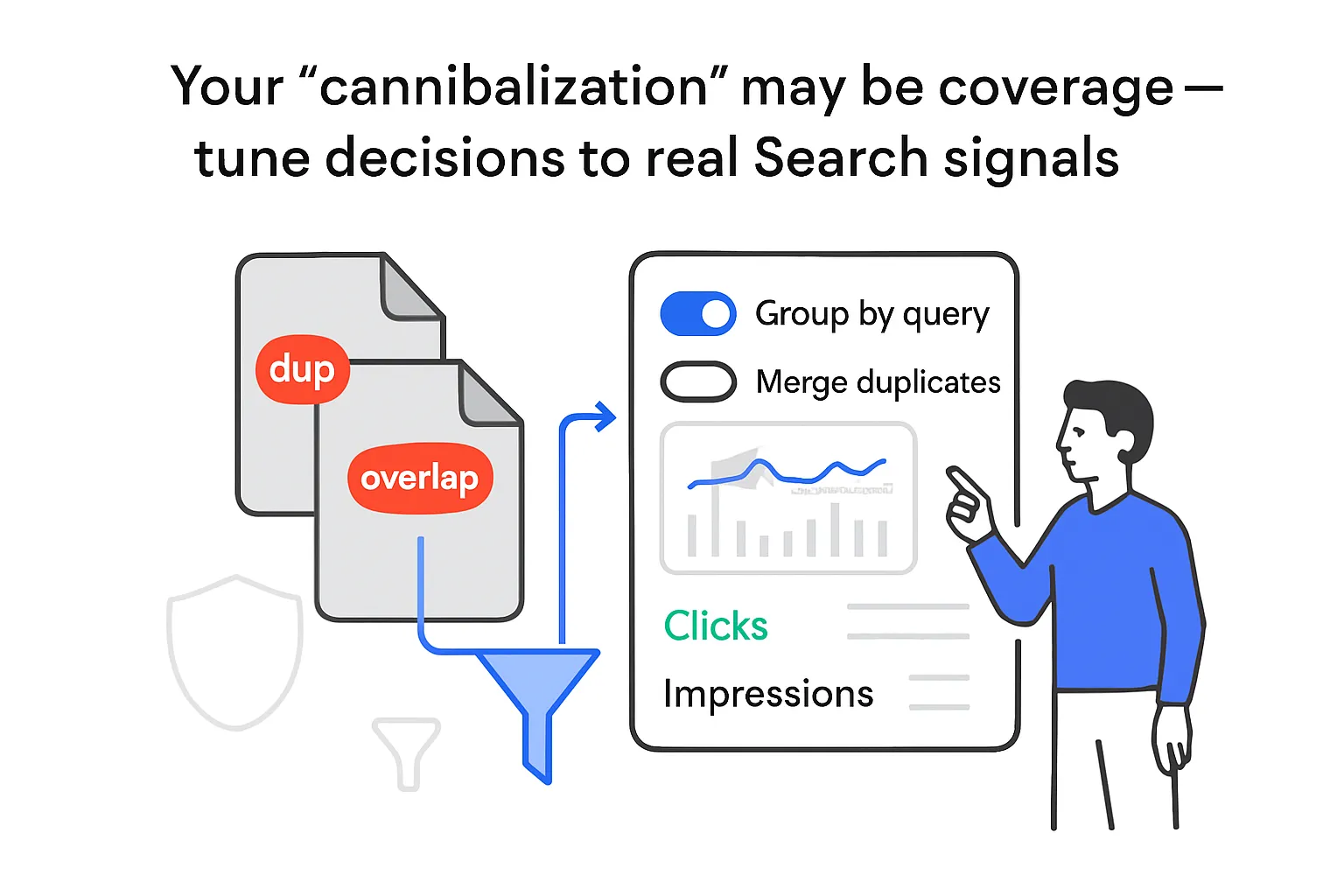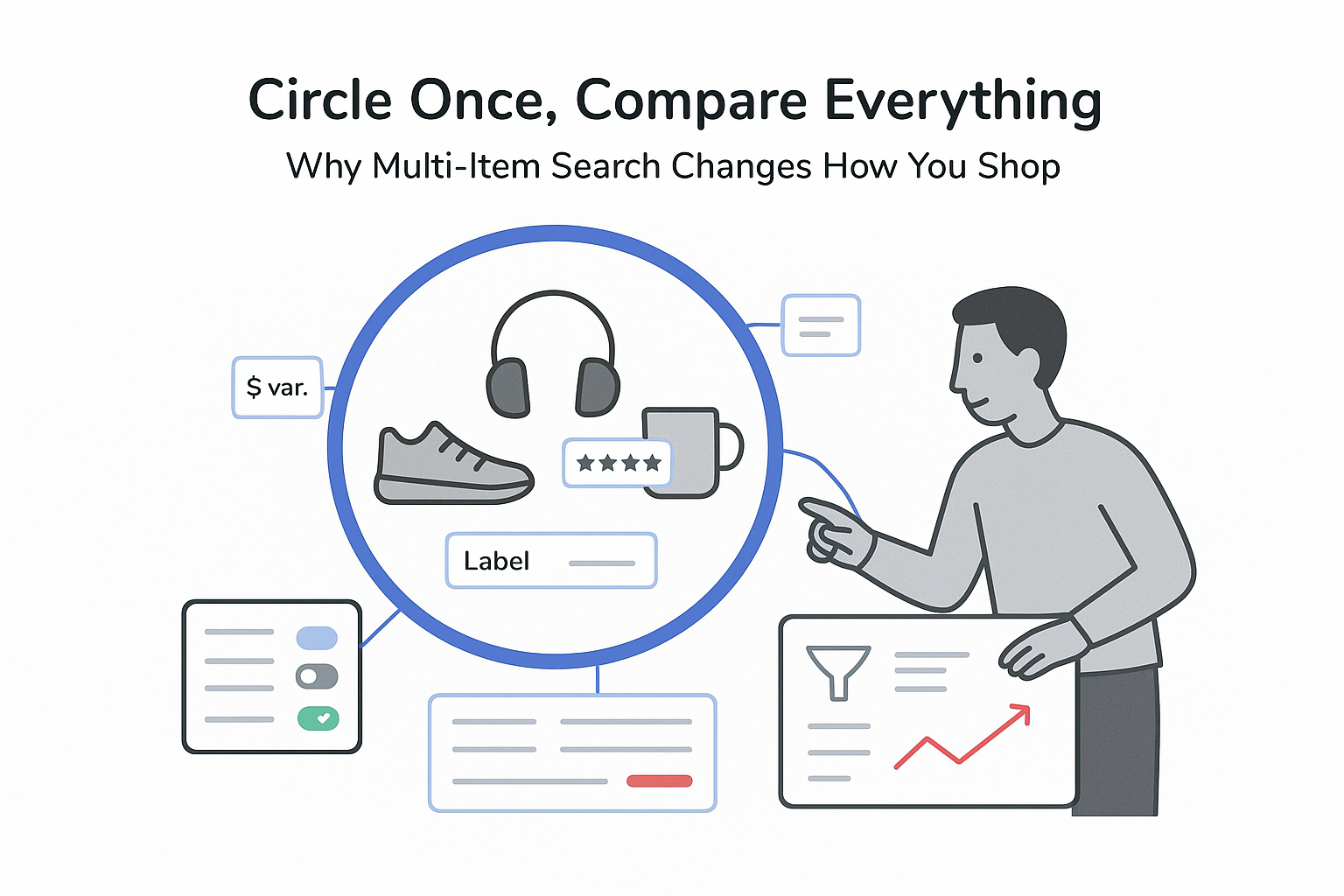In a September 2025 Bluesky exchange, Google's Search Advocate John Mueller addressed keyword cannibalization, clarifying that multiple pages from the same site can rank for the same query without it being a problem. He also explained how Search Console reports impressions and rankings, responding to the question that was asked.
Google answers SEO question about keyword cannibalization
Mueller said that multiple pages from one site appearing for the same query is not inherently problematic. He emphasized reducing unnecessary duplication and focusing on clear, useful pages.
- Speaker: John Mueller, Search Advocate at Google
- Platform: Bluesky exchange
- Timing: September 2025
"Search Console shows data for when pages were actually shown, it's not a theoretical measurement."
"Assuming you're looking for pages ranking for the same query, you'd see that only if they were actually shown."
"not really 'cannibalization' if it's theoretical."
"having several pages in one result is not automatically an issue."
"Reduce unnecessary duplication and spend your energy on a fantastic page, sure."
"Pages aren't duplicates just because they happen to appear in the same search results page."
Background context
Keyword cannibalization commonly refers to multiple pages targeting the same query. Google provides guidance on handling similar or duplicate content, including canonicalization, redirects, and other signals for consolidation. See Google's documentation on duplicate content and how to consolidate duplicate URLs.
Search Console metrics reflect when a URL is actually shown in results. Google explains how impressions, clicks, and position are calculated in the Search Console Help Center, which informs how site owners interpret performance data for pages and queries.
Key takeaways for site owners
- Do not assume cannibalization unless Search Console shows multiple pages actually appearing for the same query.
- Having more than one page in a results page is not automatically a problem.
- Reduce unnecessary duplication and invest in a clear, comprehensive page where overlap is significant.
- Use canonical tags, redirects, and other consolidation signals for true duplicates per Google's guidance.








.svg)